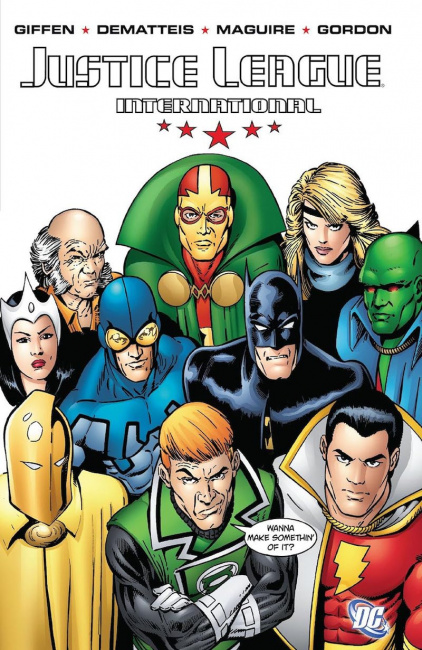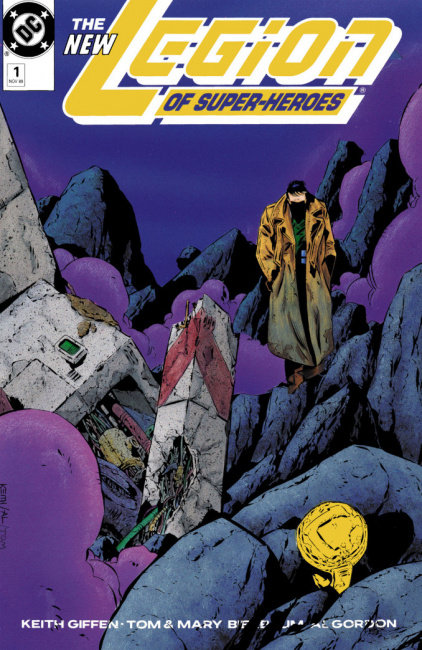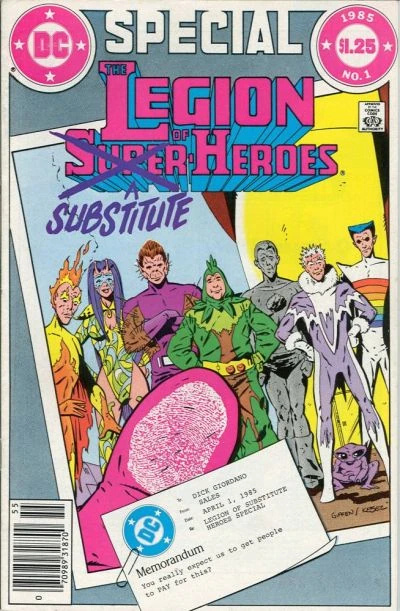Keith Giffen, who brought a sideways sense of humor to the Justice League and other comics stalwarts, left this world with one last joke.
The news of his death came in a Facebook post on October 11:
I told them I was sick…
Anything not to go to New York Comic Con
Thanx
Keith Giffen 1952-2023
Bwah ha ha ha ha
Giffen had suffered a stroke on October 8 and died on October 9. His frequent collaborator, Paul Levitz, confirmed the news on his Facebook, saying, “Keith Giffen has gone off to create new worlds that are beyond our living reach. Keith was probably the most fertile creative mind of our generation in comics. He had an infinite number of ideas, pouring constantly out. Many, thankfully, never saw print as wholly insane or inappropriate. But the ones that did!”
Giffen’s career was long and wide-ranging; while he perhaps best known for his work on DC’s Justice League and Legion of Super-Heroes titles, he also was the breakdown artist for DC’s 52 (see “DC’s 52thecomic.com”) and created the characters Rocket Raccoon, Lobo, Ambush Bug, and Jamie Reyes, the current incarnation of Blue Beetle. Outside of the Big Two, he also adapted the manga Battle Royale for English-language readers (see “Tokyopop’s Battle Royale Manga”), drew issues of Magnus: Robot Fighter and other titles for the original (1990s) Valiant Comics, wrote two Dark Horse superhero series, Division 13 and Agents of Law (with Lovern Kindziewski), and wrote the screenplays for The Real Ghostbusters, Ed, Ed n’Eddy, and Hi Hi Puffy AmiYumi.
Born in Queens, New York, in 1952, Giffen started his career working on Marvel’s black and white comics in the early 1970s, collaborating with writer Bill Mantlo to create Rocket Raccoon in Marvel Preview #7 in 1976. In 1982 he and Levitz created “The Great Darkness Saga” of Legion of Super-Heroes, which led to a lengthy run on DC’s team books. Giffen often approached his subjects less than seriously, with the humor of 1985’s Legion of Substitute Heroes Special opening the door to Justice League International, Justice League Europe, and other series that wove his sardonic sense of humor into the traditional superhero action story. His Formerly Known as the Justice League won the 2004 Eisner Award for Best Humor Publication, and he received an Inkpot Award in 1991.
Source: ICV2







